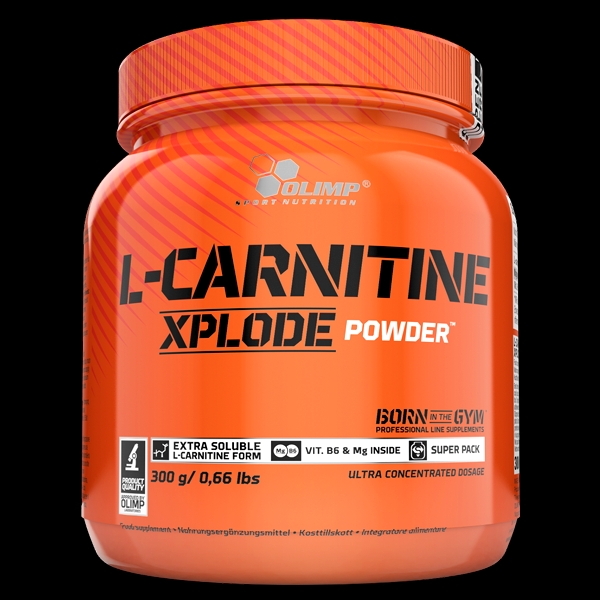You are viewing 1 of your 1 free articles. For unlimited access take a risk-free trial
Supplements: lies, damn lies and statistics!

The great leader Sir Winston Churchill once said “Don’t trust any statistics you didn’t fake yourself.” His rather cautious view of statistics is probably shared by many of us. After all, you’re no doubt aware of the phrase ‘lies and damn lies and statistics’, which essentially suggests that no matter how absurd an argument, there’ll be some statistics floating around somewhere to make it seem far more legitimate than the actual evidence suggests it is!
Supplements
It’s a bit like that with sports supplements. The desire to perform at our best can sometimes cloud our judgement and make us vulnerable. From exotic and novel diets to weird and wonderful pills and potions, humans have always sought something extra to boost performance. In times gone by, steak and egg diets and drinking bull’s blood were both popular. But with a greater understanding of exercise biochemistry and metabolism, the science has leapt forward dramatically.
Punch ‘sports supplements’ into Google and you’ll get at least 50 million hits, many of which promote products that are claimed to enhance sport performance. And reading the advertising blurb, it’s easy to be persuaded that your next leap in performance is just the click of a mouse and the unscrewing of a supplement bottle away. Except it’s almost certainly not, because the real science tells a different story.
The 3 Cs
Although it’s a rather sweeping statement, if your diet is fundamentally correct, there are only 3 (legal) supplements that have to date been unequivocally demonstrated to enhance sports performance: carbohydrate, caffeine and creatine. Even then, creatine’s benefits are very reserved for power/sprint athletes.
There are a few other supplements for which there’s some evidence of benefits in certain circumstances, but there are many more for which the scientific evidence is simply too weak or non-existent to be able to recommend them. Many of these supplements were once in vogue, but fell out of favour once they came under the scrutiny of rigorous scientific studies. And before long, many are forgotten completely.
Is carnitine coming back?
Just occasionally however, a supplement that was thought to be ineffective catches the attention of scientists once again – possibly because new attributes have been investigated, or it has been tested under different conditions. One such supplement is L-carnitine, an amino acid that was thought to help endurance performance by promoting fat oxidation in muscles.
This is something that we have discussed at length in Sports Performance Bulletin. As cycling and triathlon coach Joe Beer explains, previous studies finding no benefits of carnitine supplementation may have been flawed because they failed to understand the mechanism by which carnitine can exert an effect in muscles.
What’s fascinating is that very recent research suggests we may have got it wrong about carnitine, and that with the right supplementation regime – which Joe describes in detail - it can indeed enhance endurance performance. Which all goes to show that science doesn’t get it right all the time. But it’s still a hell of a lot more dependable than statistics!
Andrew Hamilton, Sports Performance Bulletin editor
You can read more about carnitine in Joe's article by clicking the link below:
Newsletter Sign Up
Testimonials
Dr. Alexandra Fandetti-Robin, Back & Body Chiropractic
Elspeth Cowell MSCh DpodM SRCh HCPC reg
William Hunter, Nuffield Health
Further reading
Newsletter Sign Up
Coaches Testimonials
Dr. Alexandra Fandetti-Robin, Back & Body Chiropractic
Elspeth Cowell MSCh DpodM SRCh HCPC reg
William Hunter, Nuffield Health
Keep up with latest sports science research and apply it to maximize performance
Today you have the chance to join a group of athletes, and sports coaches/trainers who all have something special in common...
They use the latest research to improve performance for themselves and their clients - both athletes and sports teams - with help from global specialists in the fields of sports science, sports medicine and sports psychology.
They do this by reading Sports Performance Bulletin, an easy-to-digest but serious-minded journal dedicated to high performance sports. SPB offers a wealth of information and insight into the latest research, in an easily-accessible and understood format, along with a wealth of practical recommendations.
*includes 3 coaching manuals
Get Inspired
All the latest techniques and approaches
Sports Performance Bulletin helps dedicated endurance athletes improve their performance. Sense-checking the latest sports science research, and sourcing evidence and case studies to support findings, Sports Performance Bulletin turns proven insights into easily digestible practical advice. Supporting athletes, coaches and professionals who wish to ensure their guidance and programmes are kept right up to date and based on credible science.










